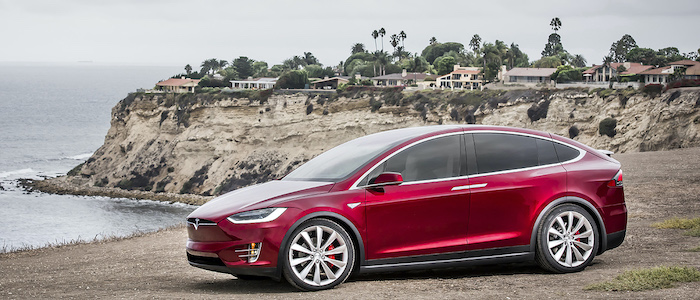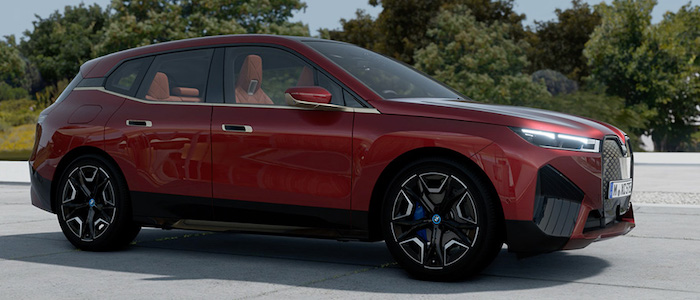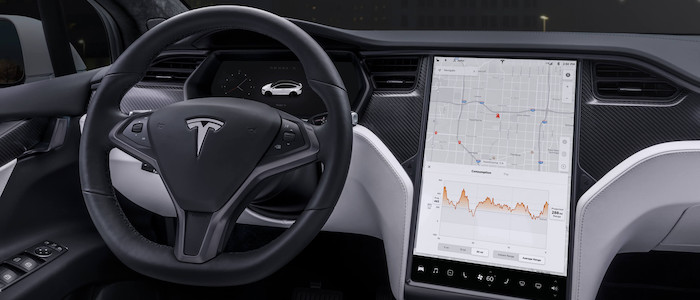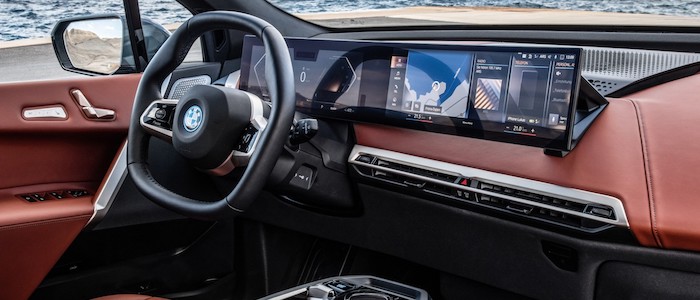Compare two cars
Compare any two cars and get our Virtual Adviser™ opinion
Dimensons & Outlines
Check vehicle history
Engine
Performance (manual gearbox)
Performance (automatic gearbox)
Expenses
Virtual Adviser's™ opinion
Well, these are two pretty similar cars we have here! It's only details that could potentially make the difference. Considering they both belong to the suv segment and utilize the same 5-door suv body style and the 4 x 4 wheel drive system, it all comes up to the specific electric engine choice they offer. The first one has a Tesla-engineered powertrain under the hood, a IM Electric unit in formation 1 / 1 with 611hp unit, while the other one gets its power and torque from a PMSM Electric unit in formation 1 / 1 with 540hp engine designed by BMW.
SafetyBoth vehicles got tested by European New Car Assessment Programme (Euro NCAP), with the same number of safety stars gained in the process. That aside, let's consider some other aspects which affect safety. Both vehicles belong to the suv segment, which is generally a very good thing safety-wise, but it doesn't do much to help us decide between the two. On the other hand, taking kerb weight as an important factor into account, the German car offers a marginal difference of 6% more metal.
ReliabilityI don't like generalizing things when it comes to reliability, although it does seem that Tesla is significantly less fault-prone, when all the models are taken into account. These are the results of an independent reasearch, while our visitors describe reliability of Tesla with an average rating of 1.3, and models under the BMW badge with 4.1 out of 5. Some independent research have also placed Model X as average reliability-wise, and iX is more or less at the same level.We should definitely mention that owners of cars with the same powertrain as the American car rank it on average as 3.0 out of 5, exactly the same as the other one.
Performance & Fuel economyTesla is undoubtly more agile, reaching 100km/h in 1 seconds less than its competitor. In addition to that it accelerates all the way to 261 kilometers per hour, 11km/h more than the other car. When it comes to fuel economy things look pretty much the same for both cars, especially if you take into account all the free charging points provided by the manufacturer and/or the local government's environmental programs. One of the essential things to consider when it comes to this type of vehicles would be range, although here it's more or less the same, orbiting around 520 kilometers on a single charge.
Verdict
Tesla appears just a bit more reliable, although the difference is truly marginal. The most important thing when deciding between any two vehicles should always be safety, both passive and active. In my opinion, everything taken into account, the German car offers slightly better overall protection and takes the lead. From there things take a different direction, with Tesla outracing its opponent in any situation possible, making it better choice for boy racers. The German car offers somewhat better range. I believe that, when we take all into account, we have only one winner here - the Tesla. Nevertheless, let's not forget that people have different preferences and needs, so what really counts is your personal feel. I'm only here to help. In case you have two minutes to spare I invite you to define your needs, desires and budget and see which car would be chosen by the virtual adviser™, among thousands of similar, yet so different vehicles.

































